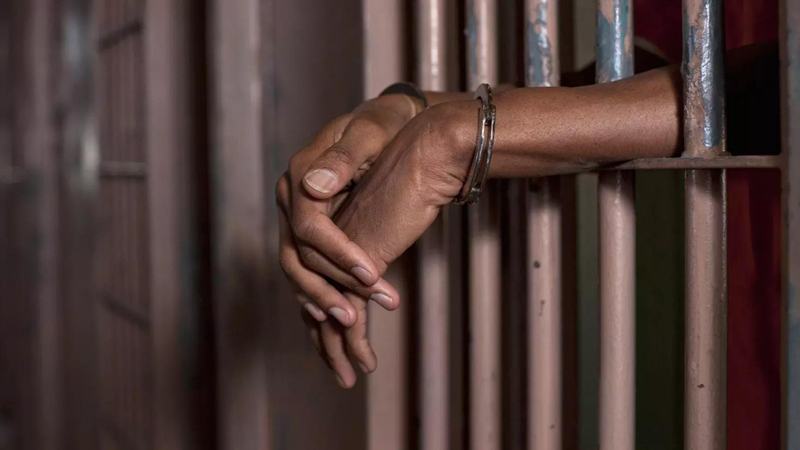
District and Sessions judge Shafiullah Jan of Kolai-Palas Kohistan announced the verdict in Bisham amid strict security arrangements, sentencing Mohammad Umar Khan, Saeer and Sabir to life in prison for killing five women in the name of ‘honour’, according to public prosecutor Attaullah Khan.
The three convicted men are relatives of the slain girls. Mohammad Umar is the brother of deceased Begum Jaan, Saeed is the father of Bazigha and Sabir is the father of Seerin Jaan. The convicts were arrested last year by Mansehra police.
All three of them had confessed to the murders before the court, lawyer Saboor Khan, who represented the plaintiff’s family, told a private news channel.
Five other accused – Mehboobur Rehman, Abdur Rashid, Shamsur Rehman, Sarfaraz, and Habibullah – were cleared of all charges against them.
All the accused were brought to the court from jail amid strict security arrangements made by both Shangla and Kolai-Palas Kohistan police.
The security inside and outside the court was also on high alert during the announcement of the verdict. The only two journalists present to cover the announcement were not allowed inside the courtroom.
In May 2012, a grainy video of four women singing and clapping and two boys dancing had gone viral in the ultra-conservative and remote district of Kohistan. Five women, including the ones from the video clip, were then allegedly murdered on a jirga’s orders.
The video was filmed at the home of Afzal Kohistani, who went on to expose the honour killings after his own three brothers were killed in Palas Kohistan. Afzal continued his struggle through various courts to have the killers of the women and his brothers punished for years, until he himself was shot dead in Abbottabad in March this year.
The video thus ended up claiming nine lives, including that of the five women, and four men, including Afzal Kohistani and his three brothers. The case was taken up by the Supreme Court on at least three occasions and the killing of the women was established years later.












